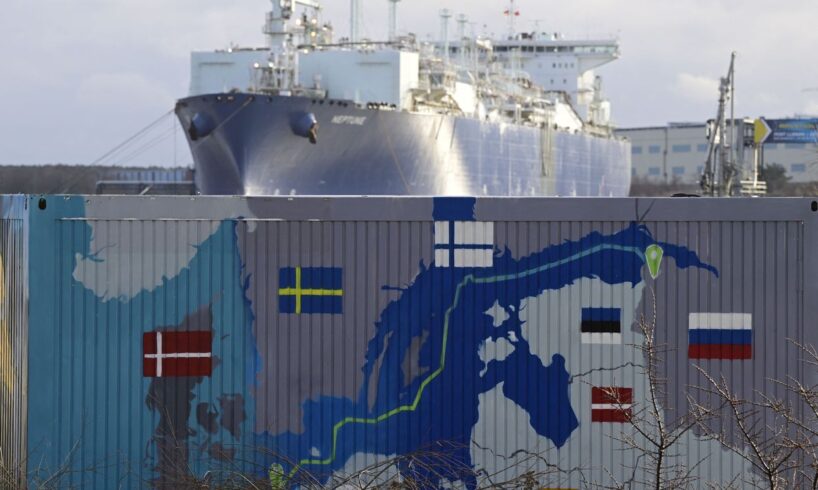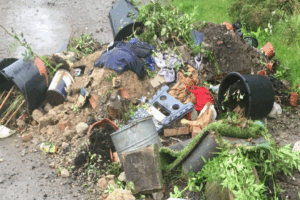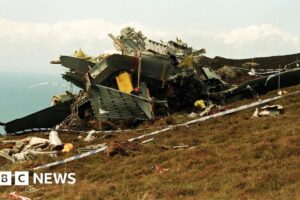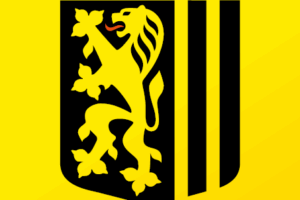
Nearly four years after Russia launched its full-scale invasion of Ukraine, the EU moved to impose a blanket ban Russian gas imports from Jan. 1, 2028 due to Moscow’s “weaponization” of gas supplies, the European Council said in a press release on Oct. 20.
Despite largely weaning itself off Russian oil, the EU is still the biggest importer of Russian liquified natural gas (LNG), purchasing nearly 5 billion euros ($5.8 billion) worth in the first half of 2025 — 1 billion euros ($1.1 billion) more than the same period last year. In turn, Washington has pressed Europe to speed up its total embargo of Russian energy, including gas, as it looks to put more pressure on Moscow to end its war.
Only Russia friendly Hungary and Slovakia, refused to back the bill, which terminates Russian pipeline and LNG imports, the Financial Times reported.
The first phase of the ban will begin on Jan. 1, 2026 with a grace period for existing contracts: short term contracts concluded before June 17, 2025 can run until June 17, 2026, and long-term contracts until Jan. 1, 2028.
The text of the law — which is not final — will be sent to the European Parliament for approval.
“The regulation constitutes a central element of the EU’s REPowerEU roadmap to end dependency on Russian energy, following Russia’s weaponization of gas supplies and repeated disruptions of gas supplies to the EU with significant effects on the European energy market,” the council wrote.
As Russian attacks, financed in part by massive energy and fuel revenues, drive Ukraine into blackouts, European nations have welcomed the bill, which will slash billions from Russia’s budget.
“Today’s agreement in the EU Council to fully ban Russian gas imports by 2028 sends an unequivocal message: aggressors have no place in Europe’s energy market,” Estonia’s Foreign Affairs Minister Margus Tsahkna wrote on X on Oct 20.
“Russia continues to weaponize energy revenues to finance its brutal war machine. Phasing out Russian gas is not just about reducing dependency, it’s a strategic move to bolster Europe’s security and resilience.”
Ukraine had a plan on how to engage with Trump. Then, Putin called
President Volodymyr Zelensky, his team, and allies have been working for months to bring U.S. President Donald Trump into Ukraine’s corner. Days before Zelensky arrived in Washington to meet with Trump on Oct. 17, the two leaders spoke twice by phone, fueling hopes that the visit would bring tangible results. Trump publicly weighed in on the transfer of long-range Tomahawk cruise missiles. Then, Vladimir Putin called. The call between the U.S. and Russian presidents effectively derailed the W
The main opponents to the bill are Hungary and Slovakia, which have repeatedly kicked up a fuss when pressured to cut their ties to cheap Russian energy. They remain the last two importers of Russian oil in the EU.
Both countries complain that it is harder for them to find alternative gas imports since they are landlocked, despite Brussels proposing several alternative routes, including via Croatia.
“With RePowerEU, our safe energy supply is being killed. They call it diversification, but in reality, it cuts one of our vital oil routes. The EU Commission completely ignores that this regulation destroys the energy security of EU Member States” Hungary’s Foreign Affairs and Trade Minister Peter Szijjarto wrote on X on Oct. 20.
As part of the proposed regulation, existing gas contracts with Russia cannot be amended “except for some specific flexibilities for landlocked member states affected by recent changes in supply routes,” the council wrote. That gives Hungary and Slovakia the chance to change and increase gas volumes under their current contracts with Russia.
The council also said those members continuing to import Russian gas will have to submit a diversification strategy detailing their plans and possible challenges to sourcing new gas supplies. The same will be required for countries importing Russian oil imports, i.e. Hungary and Slovakia, which the council also wants to phase out by 2028.
Russian gas imports to the EU will be subject to additional checks and scrutiny during the transitional period, according to the council. Further monitoring mechanisms will be set up to prevent Russian gas from being transited through Europe to other markets.
The council will implement a prior authorization regime that requires information for non-Russian gas five days before entry into the EU, and at least a month for Russian gas. Mixed LNG cargoes will have to prove how much is Russian and non-Russian, with only the non-Russian allowed into the EU.
EU mulls hitting Russia where it hurts — its shadow fleet
LUXEMBOURG, Luxembourg — The EU is preparing to strengthen its authority to board and inspect tankers linked to Russia’s so-called shadow fleet and is negotiating with some of the flag and coastal states to take measures, according to a draft proposal by the EU’s diplomatic service (EEAS), seen by Kyiv Independent. Moscow’s covert network of tankers, which operate under false flags, obscure ownership, and often nonexistent insurance, deliberately sail in legal grey zones of international waters





